Fall 2025 Newsletter
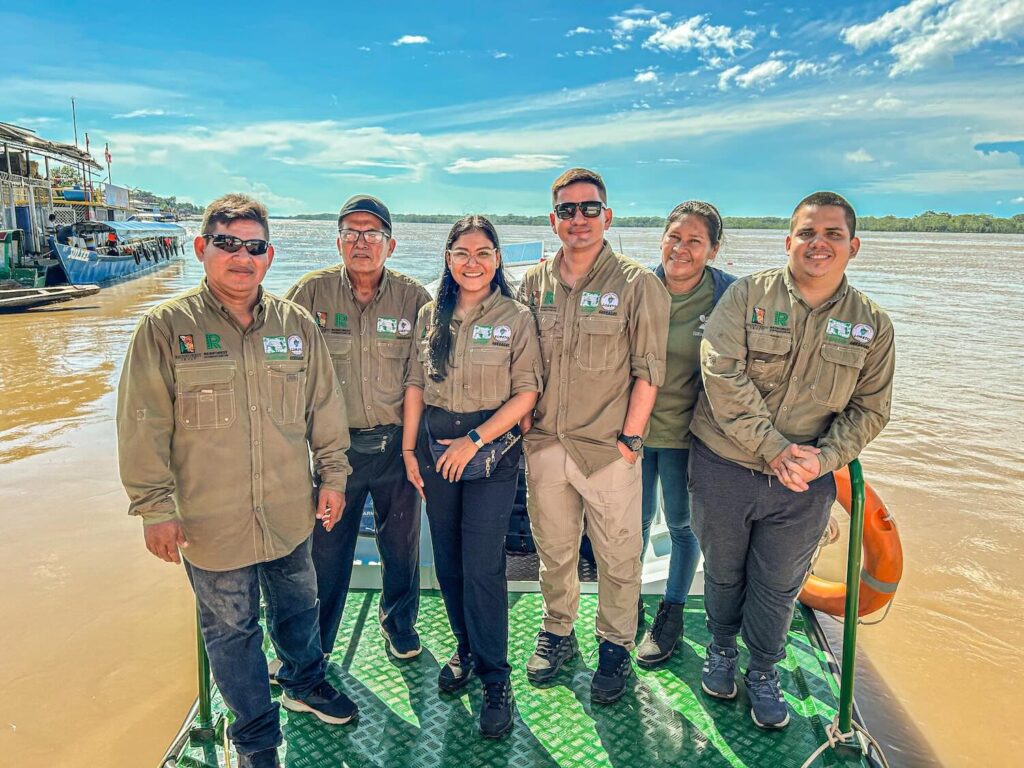
In the latest edition of our newsletter, discover how Rainforest Foundation US (RFUS) supports our Indigenous partners in overcoming barriers to unlock climate finance, read about new advancements in our land titling work in Peru, and learn how our partners are adapting to the growing threats of drought and fires in the Amazon.
Indigenous, communities, submit proposals to improve ART Trees (Published by Quantum)

Where Ancestral Knowledge Meets Modern Tech (Published by Worth Magazine)
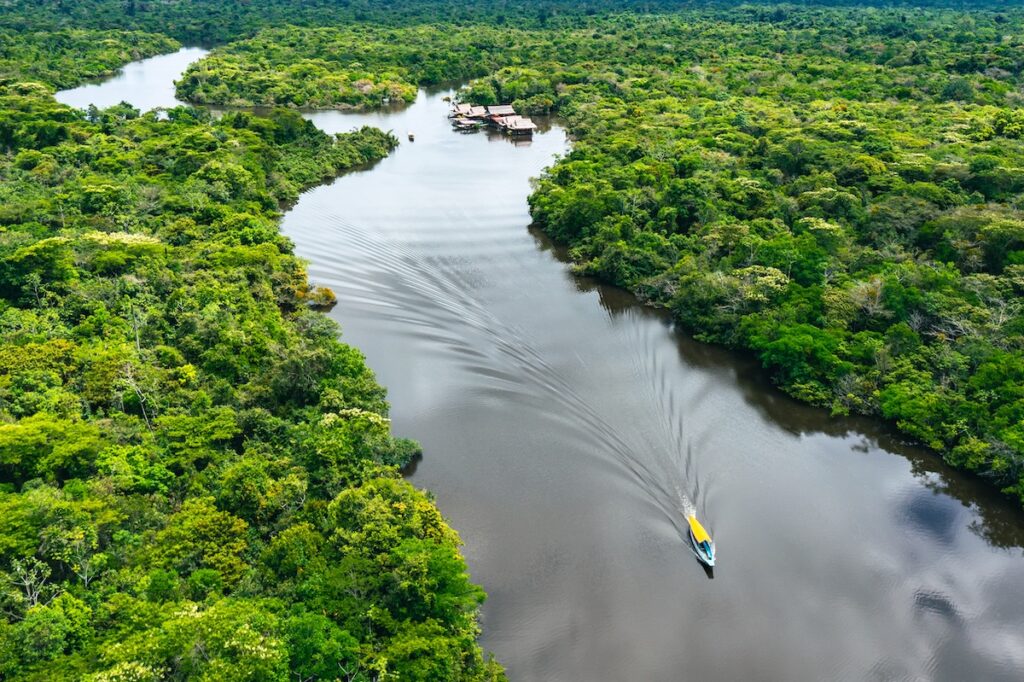
Drought Is Pushing the Amazon Rainforest to the Brink
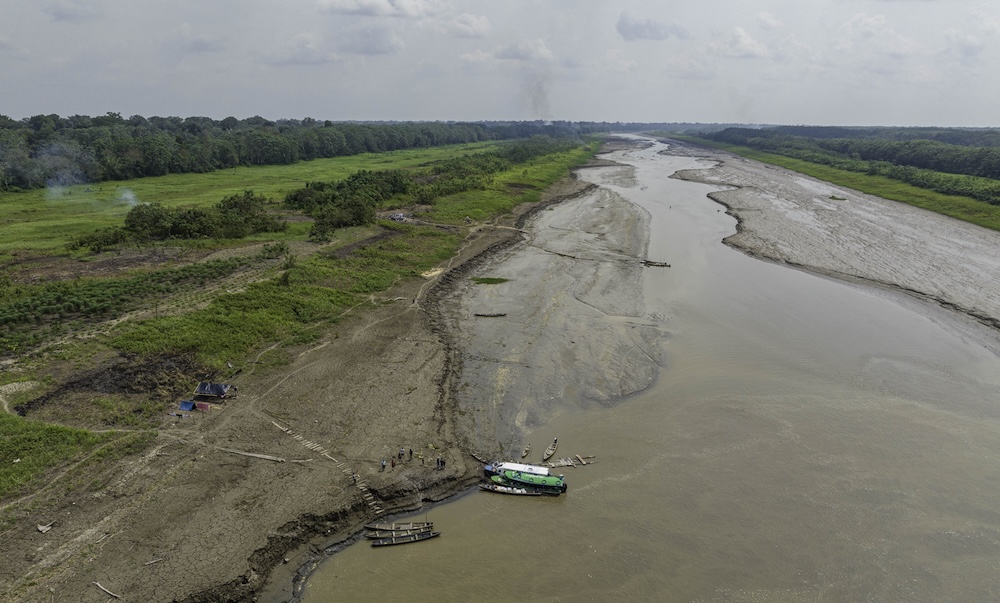
How Climate Finance Can Reach Indigenous Peoples and Local Communities: Practical Lessons from Four Regional Case Studies
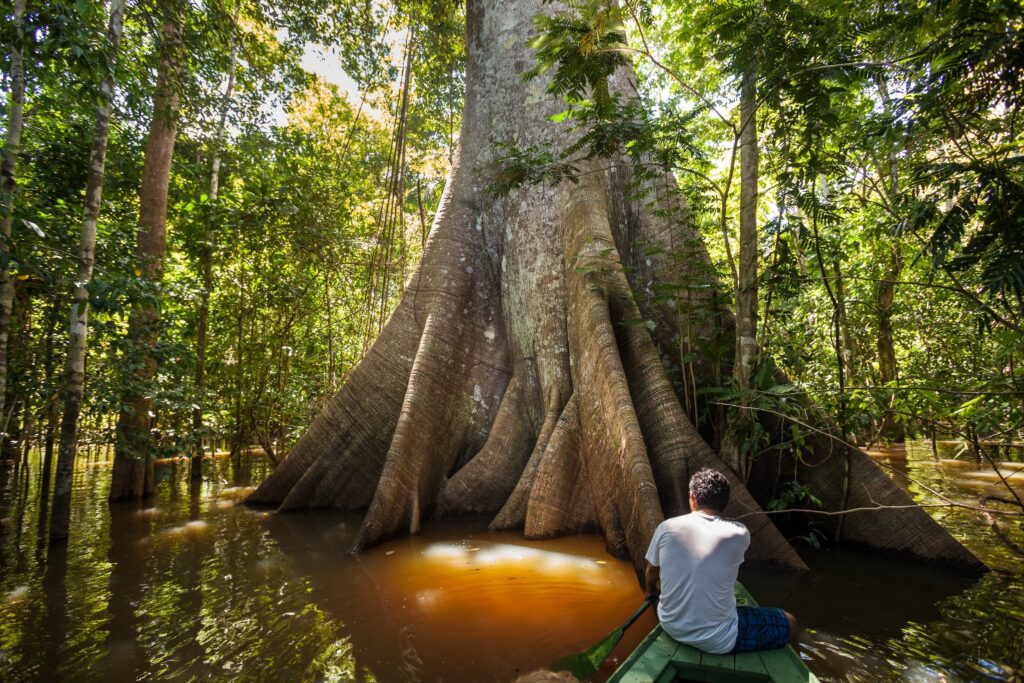
Indigenous peoples and local communities protect 36% of the world’s intact tropical forests, yet receive less than 1% of international climate funding. If you are familiar with this work, you know this contradiction intimately. But closing the gap requires more than good intentions—it demands practical strategies that navigate entrenched systems while building genuine autonomy. Four […]
10 Compelling Books by Indigenous Authors to Read on International Day of Indigenous Peoples and Beyond
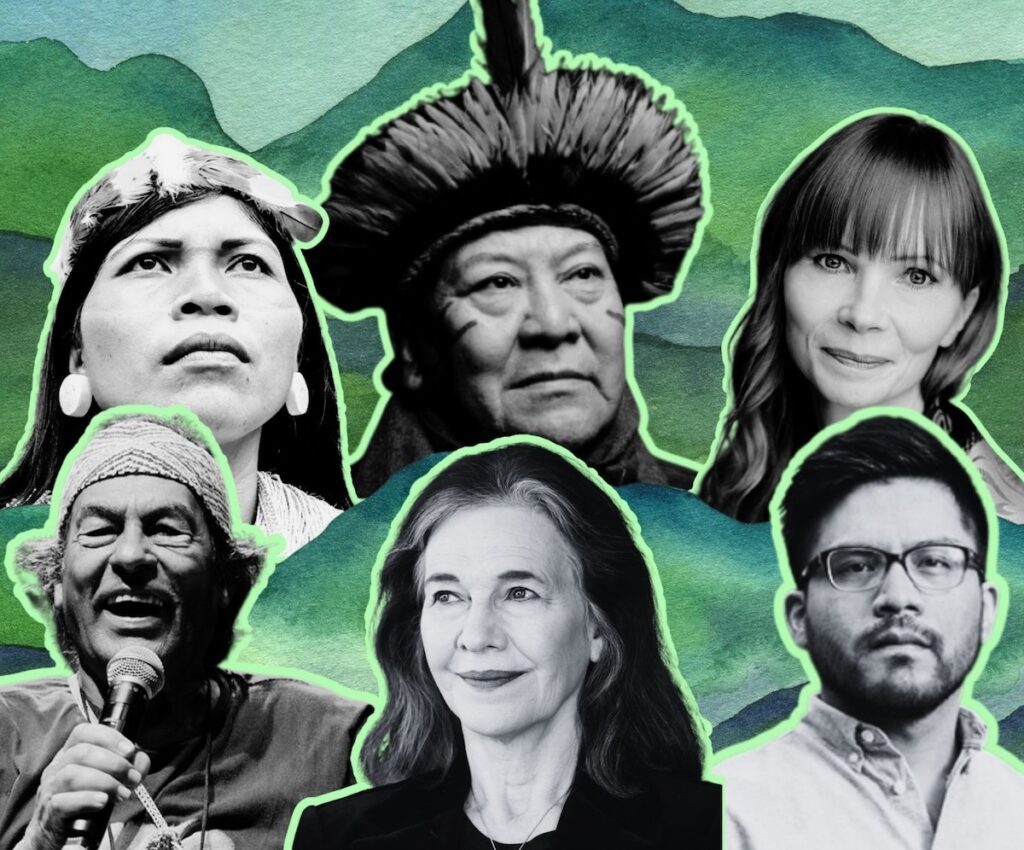
Every year on August 9 we celebrate International Day of the World’s Indigenous Peoples. On this day in 1982, the UN Working Group on Indigenous Populations held its first meeting in Geneva where they drafted the UN Declaration on the rights of Indigenous peoples, asserting their rights to self determination. Across the globe, many Indigenous […]
How New Laws in the US, Brazil, and Ecuador Are Driving Forest Loss and Rights Violations
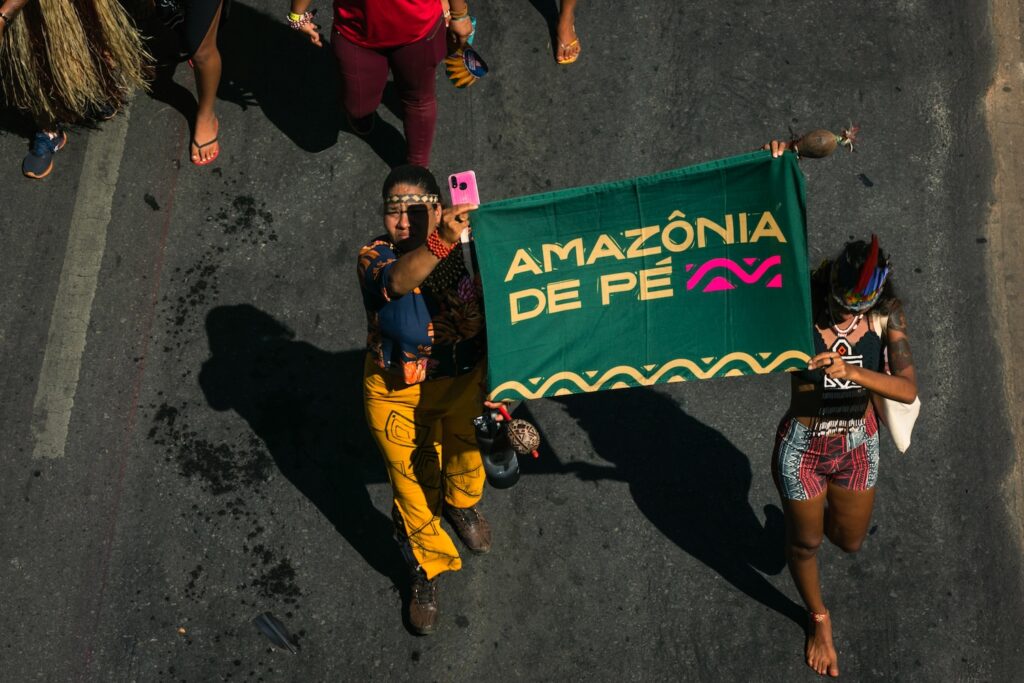
Right now, across the United States, Brazil and Ecuador, hard-won environmental protections are being dismantled at an alarming pace, putting the Amazon, the world’s largest rainforest and ancestral home to over a million Indigenous peoples, at great risk. Yet, in the face of this growing crisis, Rainforest Foundation US’s (RFUS) Indigenous partners continue to lead […]
Top tools to protect rainforests (A video series by Mongabay)

Paving the Way Towards COP30: “The answer is us—all of us”
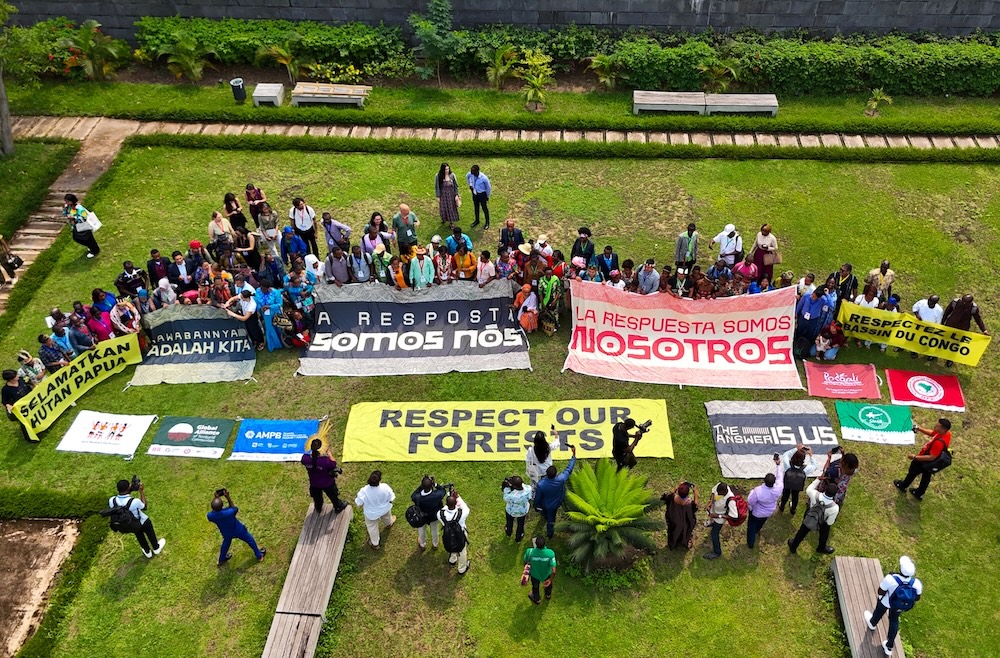
Last month in Brazzaville, Republic of Congo, Indigenous peoples and local communities gathered to send a powerful message to the world: the future of Earth’s forests, and the survival of all life they sustain, hinge on Indigenous peoples and local communities.
Climate Resilience in Action: Lessons from Indigenous Communities in Brazil’s Amazon
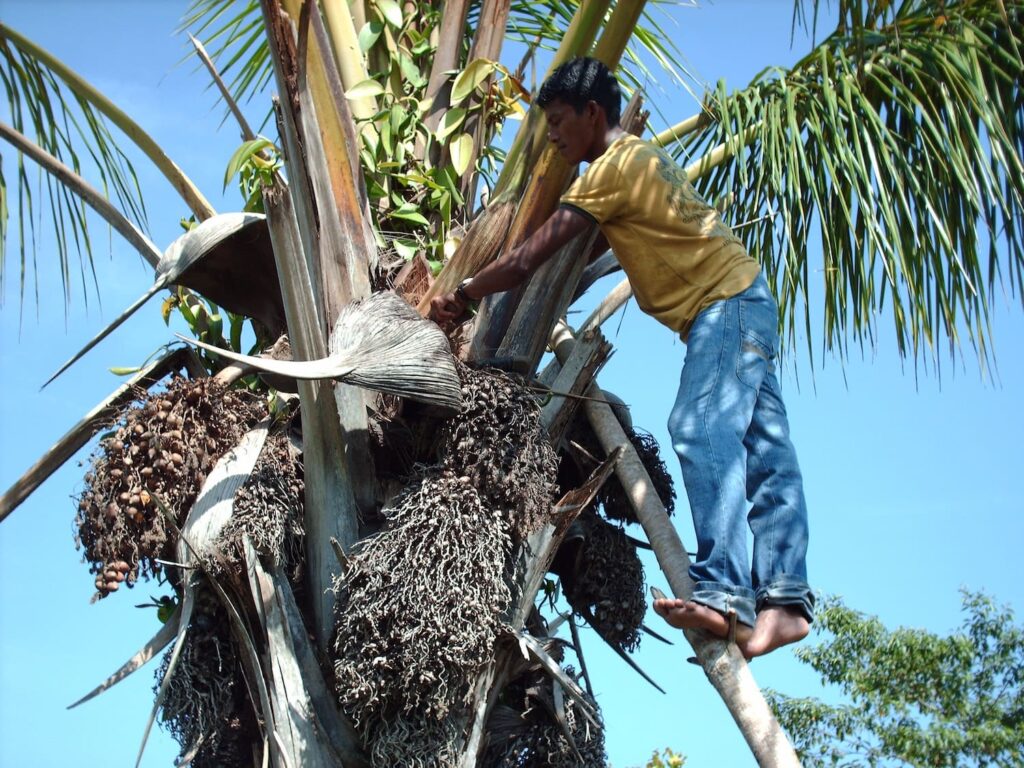
In the heart of the Brazilian Amazon, Indigenous communities are showing the world what true climate resilience looks like. The Amazon rainforest is one of the most vital ecosystems on Earth, but it’s also one of the hardest hit by climate change. Vast expanses of once-healthy forest have been devastated by record-breaking droughts, relentless fires, […]



